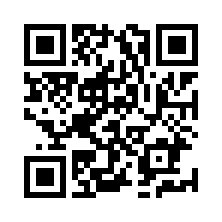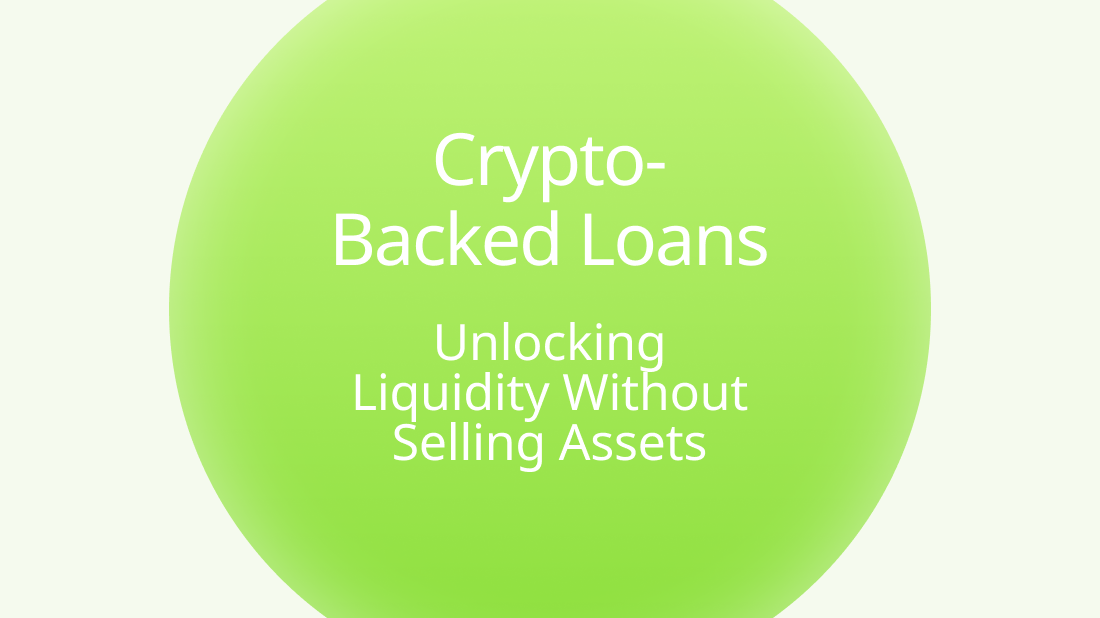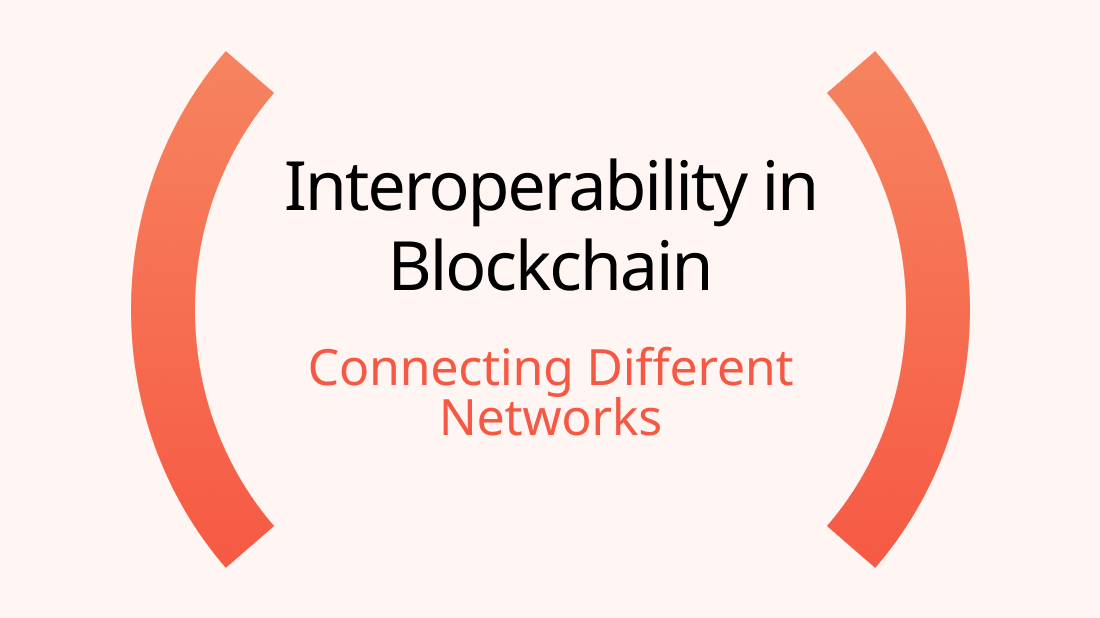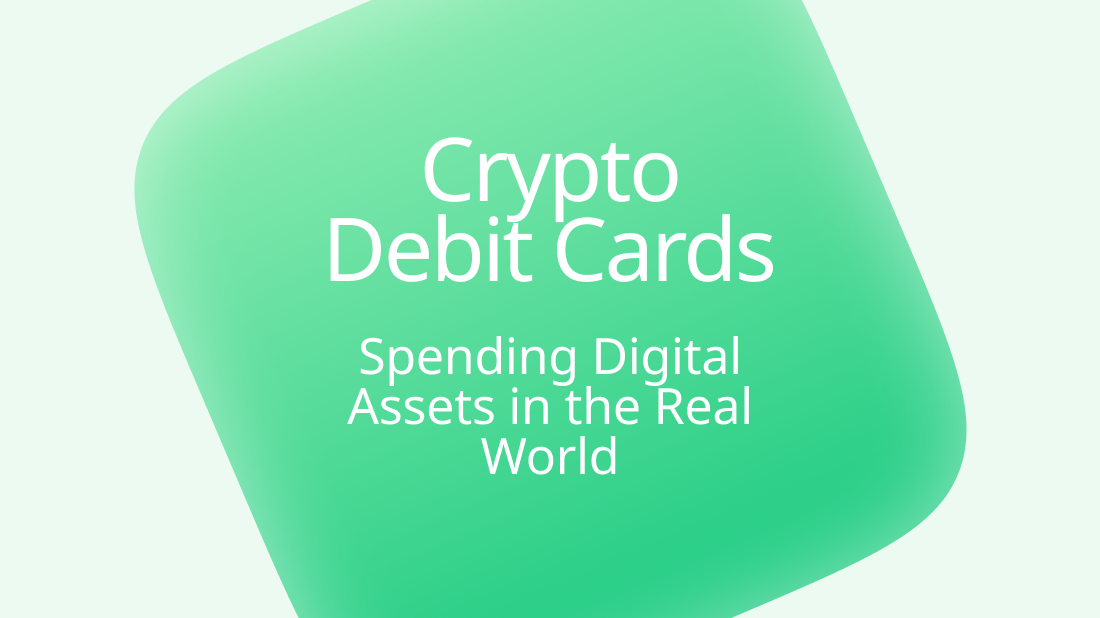Decentralized Insurance: A New Paradigm in Risk Management

The insurance industry, long seen as a bastion of traditional finance, is undergoing a seismic shift thanks to the advent of blockchain technology. Decentralized insurance, a novel application of blockchain, promises to revolutionize the way risk management is conducted. By leveraging decentralized networks and smart contracts, decentralized insurance aims to offer greater transparency, efficiency, and fairness compared to traditional insurance models. This article delves into the concept of decentralized insurance, its operational mechanics, and its potential to transform the insurance landscape.
Understanding Decentralized Insurance
What is Decentralized Insurance?
Decentralized insurance, also known as blockchain insurance, refers to insurance products and services that are built and operated on blockchain networks. Unlike traditional insurance, which relies on centralized entities to underwrite policies and manage claims, decentralized insurance utilizes smart contracts and decentralized protocols to automate these processes. This approach minimizes the need for intermediaries, reduces operational costs, and enhances trust among participants.
How Does Decentralized Insurance Work?
Decentralized insurance operates on a few key principles:
- Smart Contracts: These are self-executing contracts with the terms of the agreement directly written into code. In the context of insurance, smart contracts can automatically trigger payouts when predefined conditions are met, such as a flight delay or natural disaster.
- Decentralized Pools: Participants contribute funds to a common pool, which is used to cover claims. This model is similar to mutual insurance, where members share risk collectively.
- Oracles: These are external data providers that feed real-world information to the blockchain. For instance, an oracle might provide weather data to trigger a payout for a crop insurance policy in the event of a drought.
- Governance: Decentralized insurance platforms often rely on decentralized governance models, where policyholders and stakeholders have a say in decision-making processes through voting mechanisms.
Benefits of Decentralized Insurance
Transparency
One of the most significant advantages of decentralized insurance is transparency. Blockchain technology ensures that all transactions and processes are recorded on a public ledger, which is immutable and accessible to all participants. This transparency reduces the risk of fraud and ensures that claims are processed fairly and promptly.
Efficiency
Traditional insurance processes can be slow and cumbersome, often involving multiple intermediaries and lengthy paperwork. Decentralized insurance streamlines these processes through automation. Smart contracts can execute claims instantly when conditions are met, significantly reducing the time and effort required to process claims.
Cost-Effectiveness
By eliminating intermediaries and automating processes, decentralized insurance can lower operational costs. These savings can be passed on to policyholders in the form of lower premiums. Additionally, the use of decentralized pools allows for more efficient capital allocation and risk sharing.
Inclusivity
Decentralized insurance has the potential to increase financial inclusion by making insurance accessible to underserved populations. Traditional insurance companies often overlook low-income individuals or those in remote areas due to high costs and logistical challenges. Decentralized platforms, however, can offer microinsurance products that are affordable and easily accessible through mobile devices.
Challenges and Considerations
Regulatory Uncertainty
One of the primary challenges facing decentralized insurance is regulatory uncertainty. Insurance is a heavily regulated industry, and the application of blockchain technology raises new questions about compliance and consumer protection. Regulators around the world are still grappling with how to address these issues, which could impact the adoption and growth of decentralized insurance.
Data Privacy and Security
While blockchain offers enhanced transparency, it also raises concerns about data privacy. Storing personal and sensitive information on a public ledger can pose security risks. Decentralized insurance platforms need to implement robust privacy measures and ensure that data is protected from unauthorized access.
Market Adoption
The success of decentralized insurance hinges on market adoption. Convincing consumers to trust and use blockchain-based insurance products can be challenging, especially given the unfamiliarity and perceived complexity of the technology. Education and awareness campaigns will be crucial in driving adoption.
Notable Decentralized Insurance Platforms
Nexus Mutual
Nexus Mutual is one of the leading decentralized insurance platforms. It operates as a mutual insurance company, where members pool their funds to cover claims. Nexus Mutual initially focused on providing coverage for smart contract failures, but it has since expanded its offerings to include various other types of coverage.
Etherisc
Etherisc is another prominent player in the decentralized insurance space. The platform aims to create a decentralized insurance protocol that can be used to build various insurance products. Etherisc has launched several pilot projects, including flight delay insurance and crop insurance, demonstrating the versatility of decentralized insurance.
InsurAce
InsurAce is a decentralized insurance platform that offers multi-chain insurance solutions. It provides coverage for a range of risks, including smart contract vulnerabilities, stablecoin depegging, and exchange hacks. InsurAce focuses on providing comprehensive and affordable insurance products to the DeFi community.
The Future of Decentralized Insurance
Integration with Traditional Insurance
While decentralized insurance has the potential to disrupt the traditional insurance industry, it is more likely to complement existing models in the near term. Traditional insurers may adopt blockchain technology to enhance their operations, leveraging the benefits of transparency, efficiency, and cost-effectiveness.
Expansion of Use Cases
As the technology matures, decentralized insurance is expected to expand its range of use cases. Beyond covering smart contract risks, decentralized insurance could offer coverage for various real-world scenarios, including health insurance, property insurance, and even life insurance.
Increased Adoption
As regulatory frameworks evolve and the technology becomes more user-friendly, decentralized insurance is likely to see increased adoption. Education and awareness efforts will play a crucial role in building trust and driving consumer acceptance.
Conclusion
Decentralized insurance represents a new paradigm in risk management, leveraging blockchain technology to offer transparent, efficient, and cost-effective insurance solutions. While challenges remain, the potential benefits of decentralized insurance are significant. As the industry continues to evolve, decentralized insurance could revolutionize the way we manage risk, making insurance more accessible and equitable for all. By embracing this innovative approach, we can pave the way for a more resilient and inclusive insurance ecosystem.











